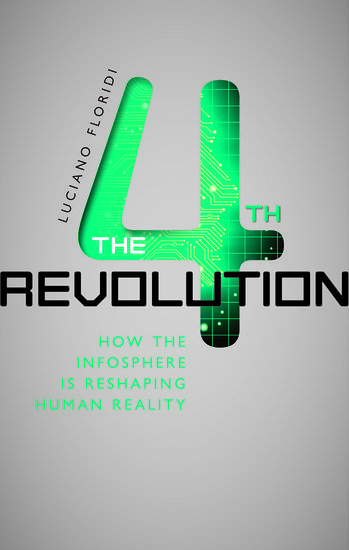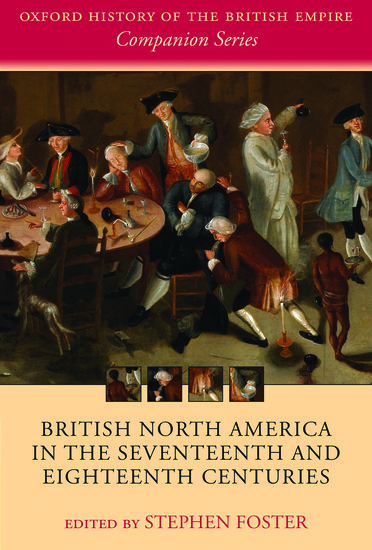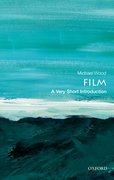What good is photography?
We’re bombarded with images today as never before. Whether you’re an avid mealtime Instagrammer, snapchatting your risqué images, being photobombed by your pets, capturing appealing colour schemes for your Pinterest moodboard, or simply contributing to the 250,000 or so images added to Facebook every minute, chances are you have a camera about your person most of the time, and use it almost without thinking to document your day.







